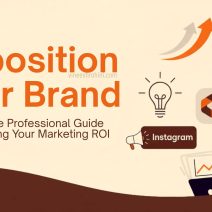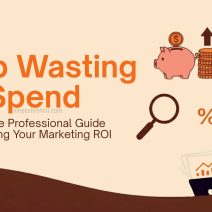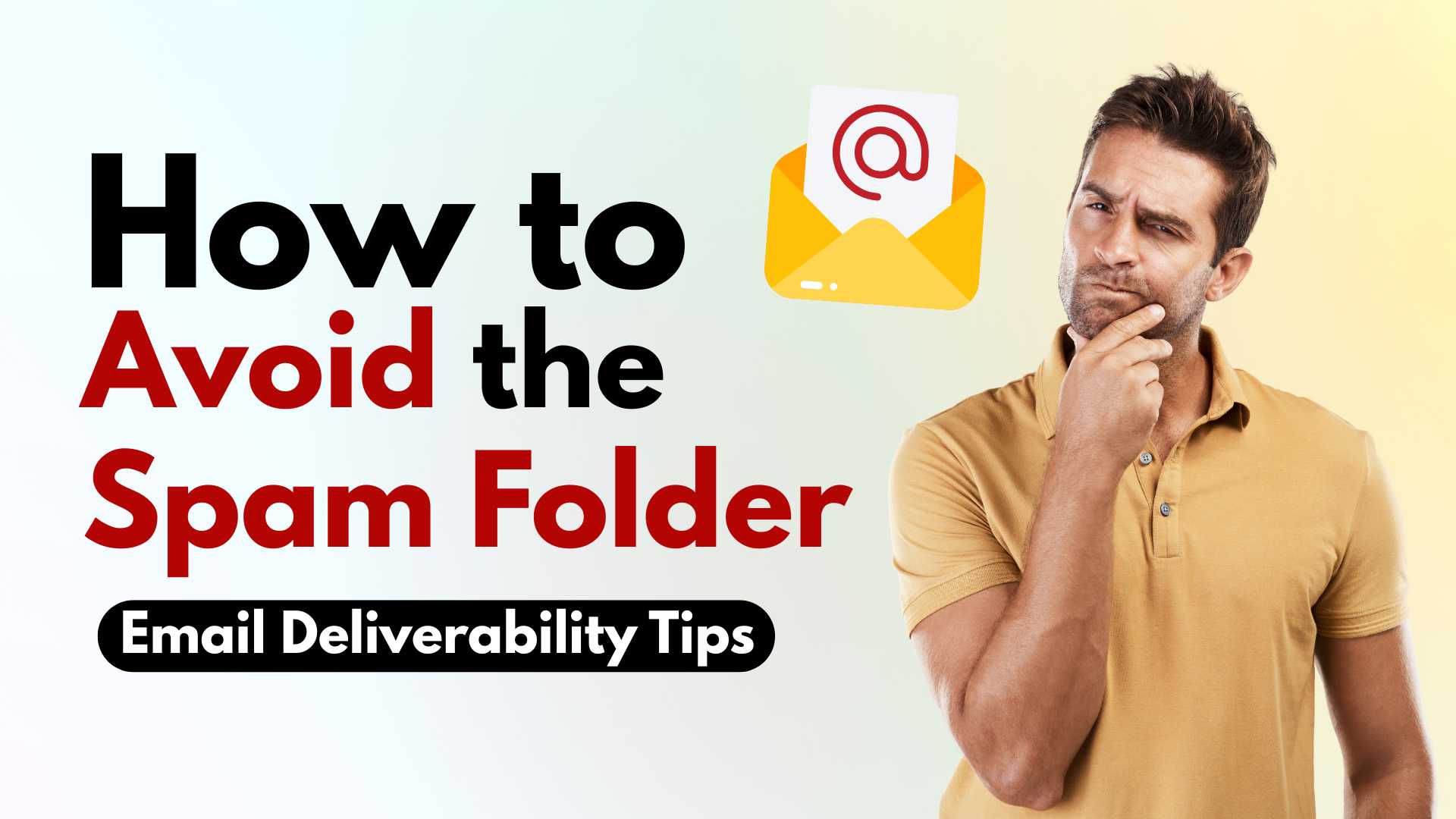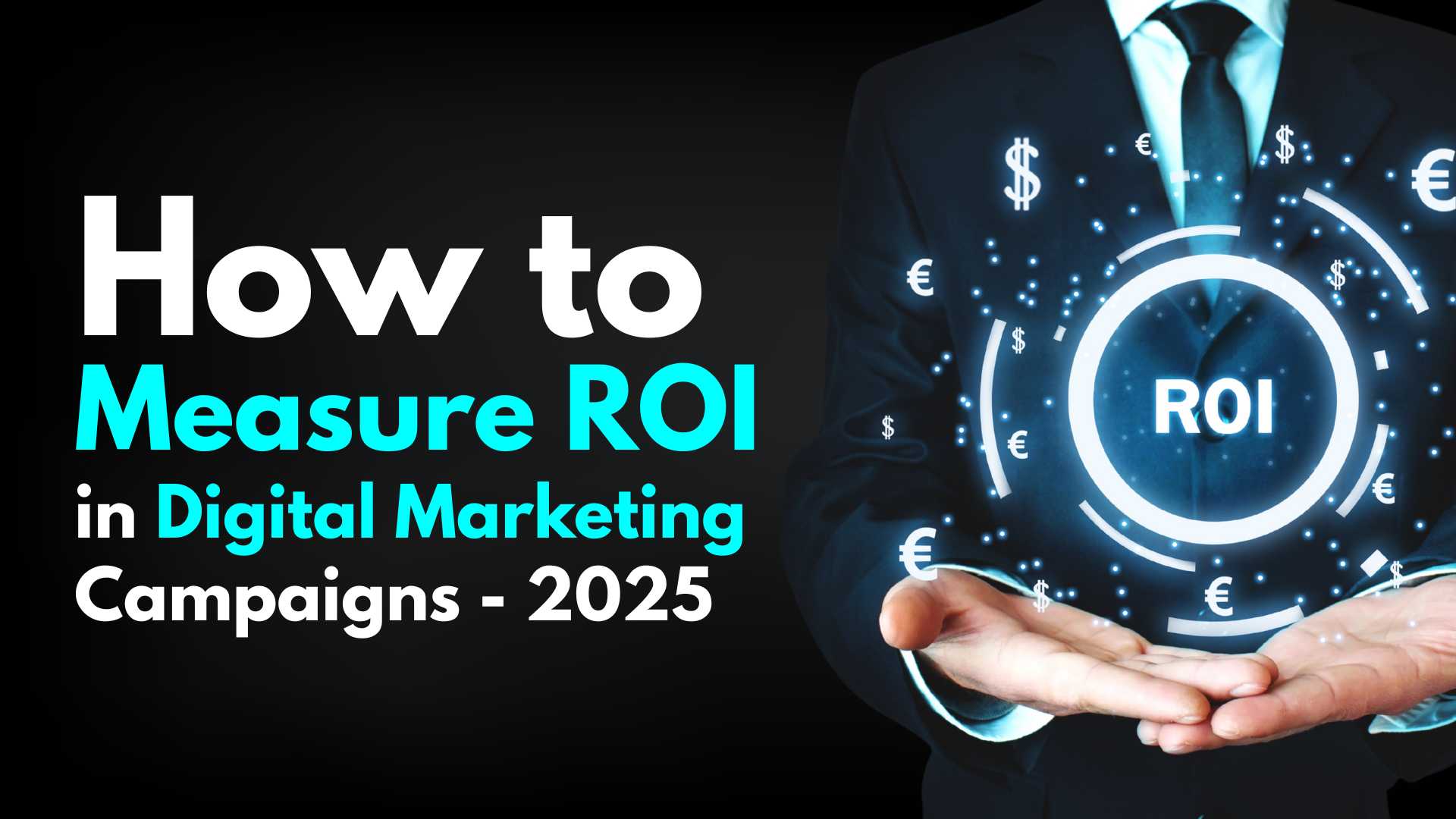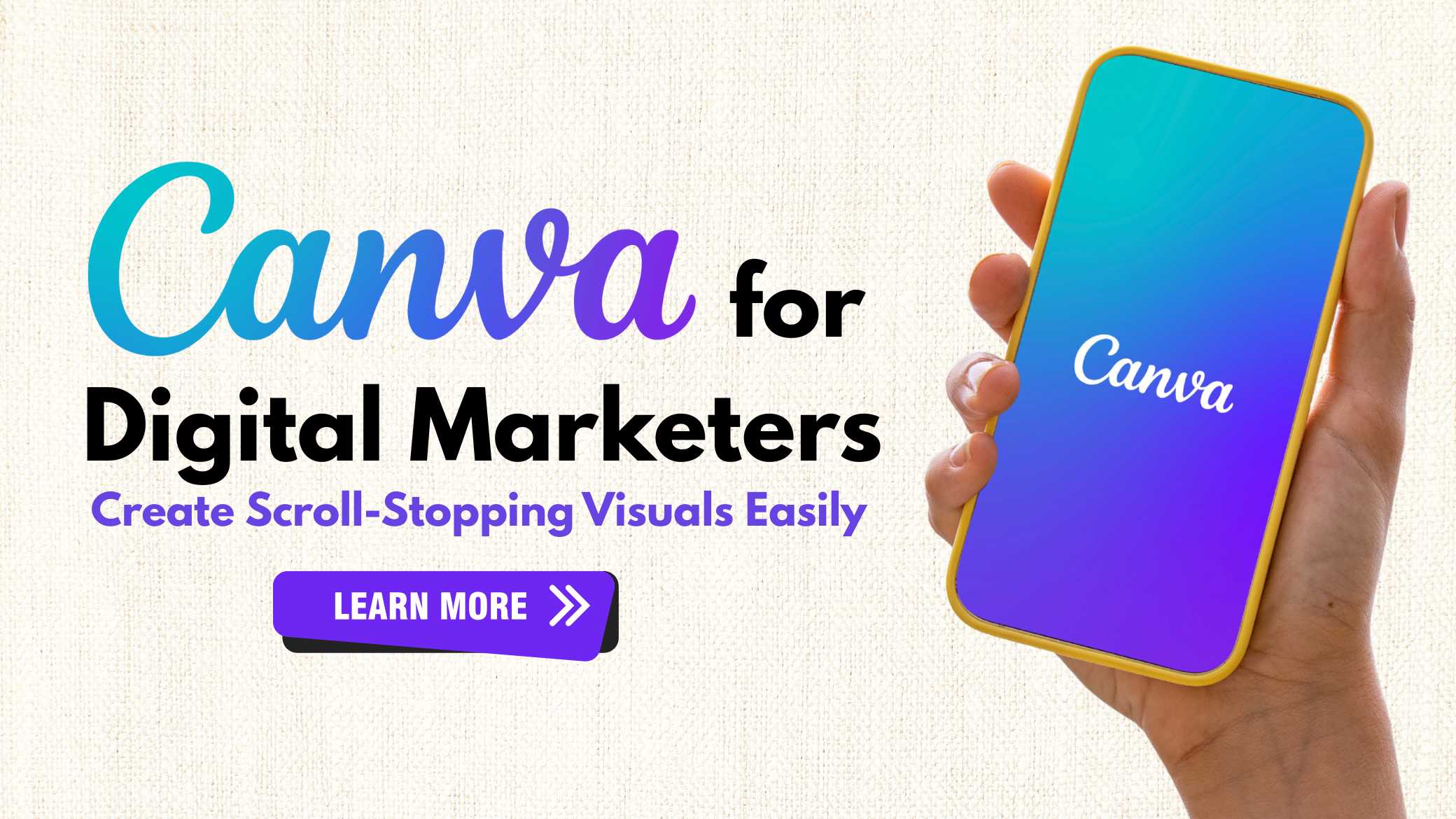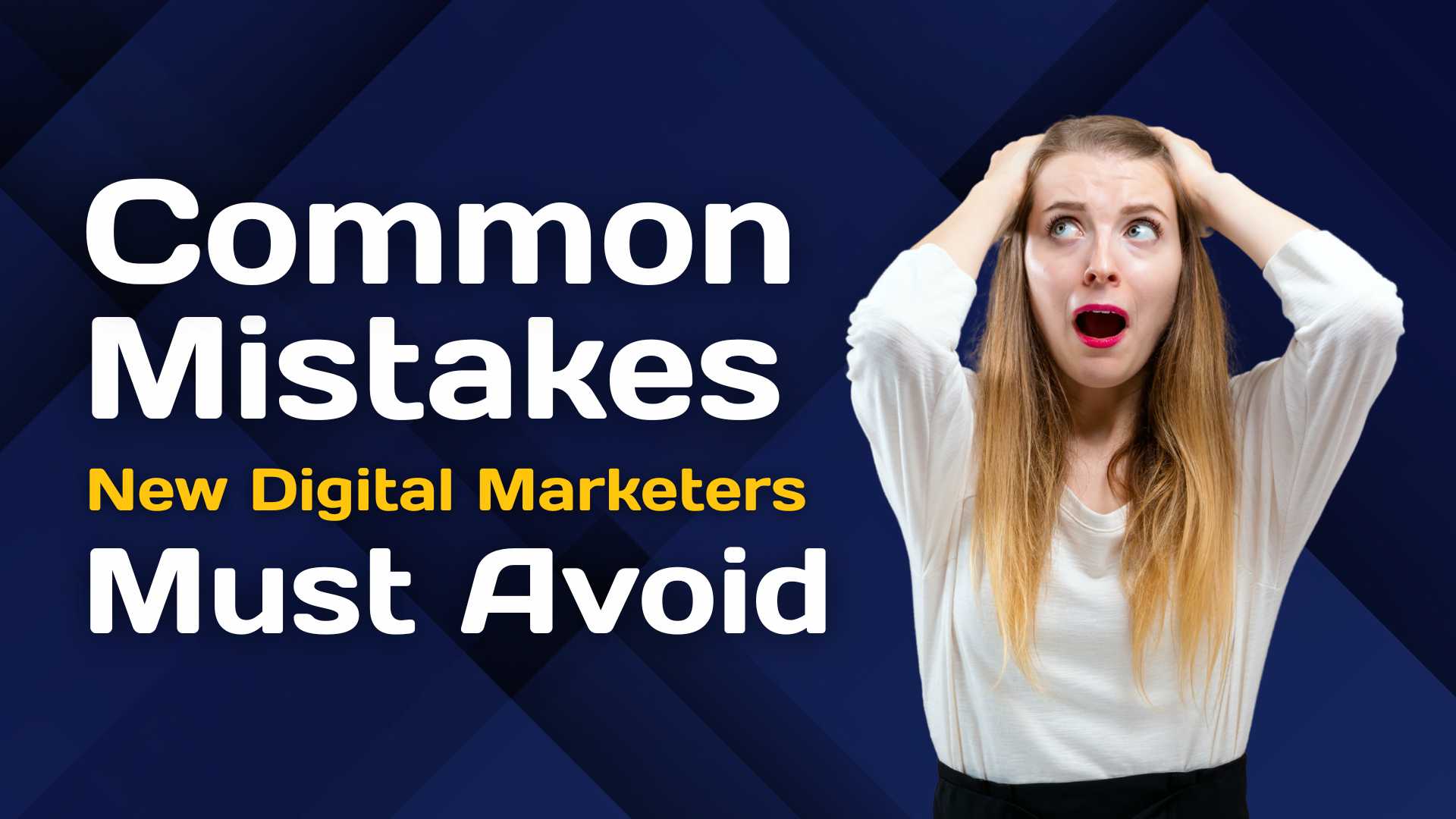Email Deliverability Tips : Email marketing continues to be one of the most effective digital marketing tools, offering incredible ROI and direct access to customer inboxes. But this effectiveness is only valid if your emails are actually delivered to the inbox, not the spam folder.
Table of Contents
Avoiding the spam folder is vital to ensuring your email campaigns result in high open rates, click-throughs, and conversions. In this guide, we’ll explore advanced strategies to improve email deliverability in 2025 and ensure your emails land where they belong—front and center in the inbox.
What Is Email Deliverability and Why It Matters
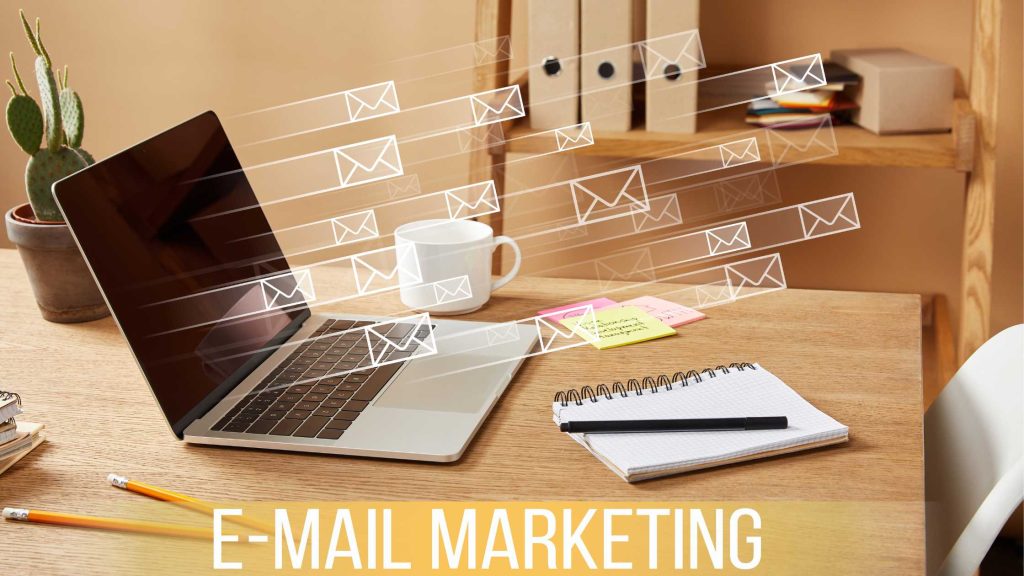
Email deliverability refers to the success rate of an email reaching the recipient’s inbox rather than bouncing or being flagged as spam. Unlike delivery rate—which only checks if the email was received by the server—deliverability tells you whether the email reached the user’s primary inbox, promotions tab, or spam folder. With increasing spam filters and AI-based email categorization, understanding deliverability is more critical than ever.
The Dangers of the Spam Folder
Landing in the spam folder means low visibility, poor ROI, and damage to your brand’s trustworthiness.
Also Read : What is Email Marketing ?
Internet Service Providers (ISPs) track sender behavior and penalize those with high spam complaints or low engagement. Once your domain or IP is blacklisted, recovery becomes difficult.
Top Email Deliverability Tips to Avoid the Spam Folder
1. Build and Maintain a Healthy Email List
- Always use double opt-in methods
- Avoid scraping emails or purchasing third-party lists
- Regularly clean your list by removing hard bounces and inactive users
- Use tools like NeverBounce, ZeroBounce, or Clearout to validate emails
2. Authenticate Your Domain
Proper email authentication builds trust with ISPs and helps avoid spam folders. Ensure you’ve set up:
- SPF (Sender Policy Framework)
- DKIM (DomainKeys Identified Mail)
- DMARC (Domain-based Message Authentication Reporting & Conformance)
These protocols verify that your emails are coming from an authorized source and not spoofed or malicious.
3. Monitor Your Sender Reputation
Your domain and IP reputation are critical for inbox placement. ISPs use reputation scores to determine if your content is safe.
- Check your reputation with tools like Google Postmaster Tools, SenderScore.org, and Talos Intelligence
- Avoid switching email platforms frequently as it resets your domain/IP reputation
- Consider a dedicated IP if you’re sending high-volume emails regularly
4. Craft Engaging and Spam-Free Subject Lines
Subject lines are the gatekeepers of open rates. Avoid:
- Excessive punctuation (!!!)
- All caps
- Spam trigger words like “FREE,” “GUARANTEED,” “CASH”
- Misleading clickbait
Instead, use personalization, curiosity, and clarity. Examples:
- ✅ “Your Exclusive Discount Awaits”
- ✅ “John, here’s your personalized checklist”
5. Create High-Quality, Value-Driven Content
Email filters analyze body content. Here’s what to do:
- Maintain a good text-to-image ratio
- Avoid using just one large image
- Never embed videos or JavaScript
- Stick to clean, minimal HTML and include a plain-text version
- Avoid spammy phrases like “Act now!” or “This isn’t a scam”
6. Use Clear Calls to Action (CTAs)
Tell your subscribers exactly what you want them to do:
- “Download your guide”
- “Claim your offer”
- “Watch the video”
7. Offer Easy Unsubscribe Options
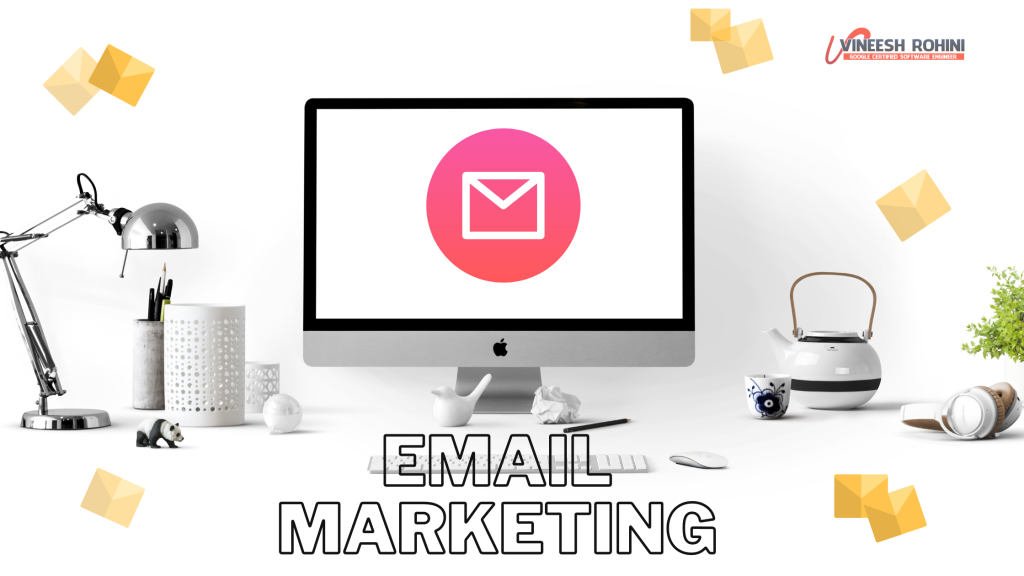
This is not just best practice—it’s law. Under GDPR, CAN-SPAM, and other regulations:
- Always include an easy-to-spot unsubscribe link
- Let users manage preferences (email type, frequency)
- Don’t make users log in to unsubscribe
8. Warm Up New Domains and IPs Gradually
Whether you’re launching a new domain or switching to a dedicated IP:
- Start sending to your most engaged users
- Increase volume slowly over several weeks
- Let ISPs see steady, safe behavior before you scale
9. Segment and Personalize Your Campaigns
Segmentation increases relevance, reducing spam complaints:
- Group users by behavior, location, or past purchases
- Use personalization tokens: name, company, preferences
- Send content that resonates with the segment’s needs
10. Avoid URL Shorteners and Misleading Links
URL shorteners like bit.ly often get flagged. Instead:
- Use full URLs or branded short links
- Ensure the destination page is HTTPS-secured
- Don’t link to low-quality or unrelated pages
11. Use a Consistent “From” Name and Email Address
Avoid confusing your subscribers:
- Don’t switch between sender names frequently
- Use your brand name or a real human name
- Avoid generic “no-reply@” addresses
12. Optimize for Mobile Devices
Over 60% of emails are read on mobile phones:
- Use responsive email templates
- Avoid tiny fonts and overcrowded layouts
- Keep CTAs easy to tap
13. Avoid Attachments When Possible
Attachments (especially .exe or .zip) can be flagged as malicious:
- Host documents on your site and link to them
- Use PDFs or Docs only if absolutely necessary
14. Use Spam Test Tools Before Sending
Before you hit “Send,” use:
- Mail Tester
- GlockApps
- Litmus These tools help spot broken code, blacklists, and spam signals.
15. Track and Analyze Your Email Metrics
Regularly monitor:
- Open rate
- Click-through rate (CTR)
- Bounce rate
- Unsubscribe rate
- Spam complaints
Tools like MailerLite, ActiveCampaign, or Moosend offer insights that help refine your campaigns.
16. Set Up Feedback Loops with ISPs
Gmail, Yahoo, Outlook, and AOL provide complaint feedback:
- Subscribe to feedback loop (FBL) services
- Automatically suppress users who flag you as spam
17. Don’t Send Too Frequently (or Too Rarely)
Email fatigue leads to unsubscribes and complaints:
- Let users choose frequency in settings
- For most brands, once or twice a week is ideal
18. Run Re-Engagement Campaigns
Inactive users drag your metrics down:
- Create win-back campaigns like “We Miss You!”
- Offer an incentive to re-engage
- Remove users who don’t respond after 2–3 attempts
19. Never Buy Email Lists
Purchased lists often include:
- Inactive addresses
- Spam traps
- Non-consenting users
Focus on organic list-building via:
- Lead magnets
- Webinars
- Newsletter signups
- Content upgrades
20. Respect Privacy Regulations
Comply with:
- GDPR (EU)
- CAN-SPAM (USA)
- CASL (Canada)
Always have clear consent, privacy policy links, and unsubscribe methods.
Pro Email Deliverability Tools You Should Use
- Mailgun – Email deliverability & analytics
- GlockApps – Inbox testing & blacklist monitoring
- G Postmaster Tools – Sender domain analytics for Gmail
- MxToolbox – Email blacklist checker
- ZeroBounce / NeverBounce – Email list cleaning
- Litmus / Email on Acid – Email previews and QA
Common Spam Trigger Words to Avoid
- “Buy now”
- “Click below”
- “Limited time”
- “Act immediately”
- “Congratulations”
- “This is not spam”
Always run A/B tests to see what works best for your audience while maintaining compliance.
Conclusion
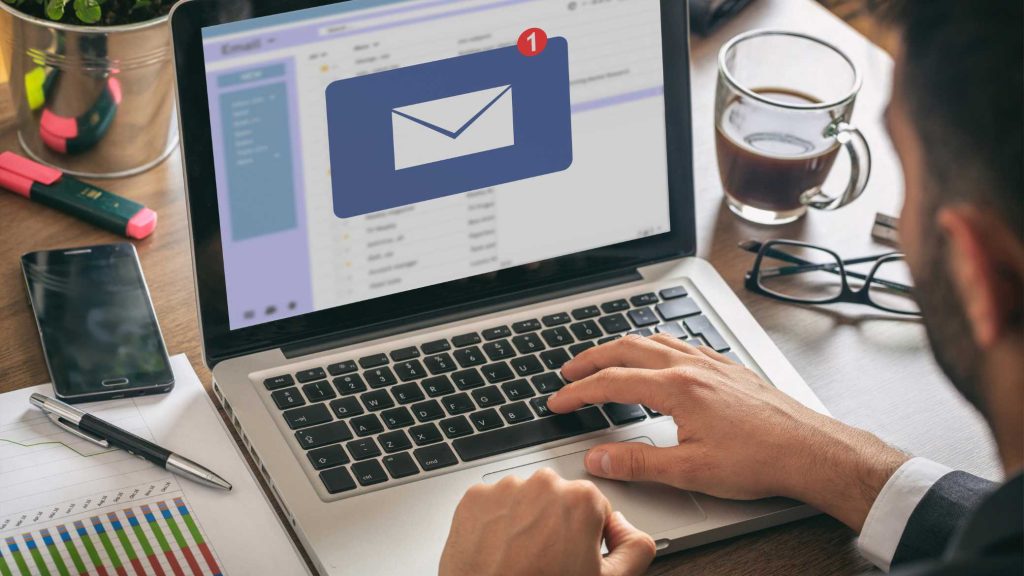
Mastering email deliverability is an ongoing process that requires technical precision, strategic content, and a deep understanding of user behavior. Whether you’re a seasoned email marketer or a small business owner trying to grow your brand, following these tips will help you stay out of spam folders and build meaningful relationships with your audience.
Buy Now : Email Marketing Mastery Course
From authenticating your domain and maintaining a healthy email list to crafting personalized, engaging content, every step matters. Use the tools and best practices outlined in this guide to enhance your email marketing strategy in 2025 and beyond. When done right, email becomes more than just a marketing tool—it becomes your highest-converting sales asset.
Keywords : Email Deliverability Tips – Email Deliverability Tips 2025 , Email Deliverability Tips for you ,
Disclaimer: The information provided in this article is for educational and informational purposes only. While every effort has been made to ensure the accuracy and effectiveness of the tips mentioned, results may vary depending on individual circumstances, email service providers, and audience behavior. This content does not constitute legal, technical, or professional advice. Always consult with a certified email marketing expert or compliance specialist for specific guidance tailored to your situation. The author and publisher are not liable for any losses or issues arising from the use of this information.

